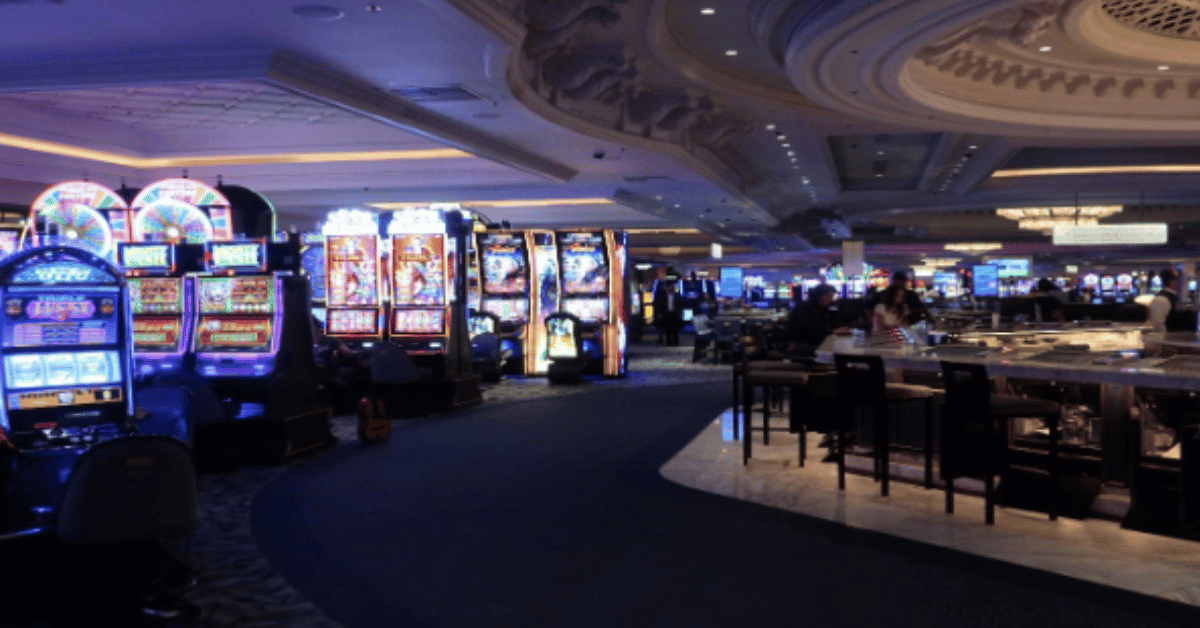Canada vs USA: Which Country Has Stricter Gambling Laws?

Sept. 16 2023, Published 1:51 p.m. ET
Historically, both the USA and Canada have had strict regulations with regards to gambling. In the USA, the Federal Wire Act of 1961 banned gambling across many states, although this did begin to change slowly in certain states. Similarly, the landscape of gambling and sports betting altered in Canada in the 1970s, which allowed provinces to decide its own stance on gambling.
Although both countries permit individual regions within their borders to set their own parameters, Canada and the USA do differ in their overall approach. For prospective gamblers, there are some fundamental differences between the two countries which users should be aware of.
Laws Surrounding Online Casinos
Whilst brick and mortar casinos are legal, online casinos have had more of a chequered past in Canada. Historically, online casinos were not covered under gambling regulations and therefore operated in a legal grey area. However, in 2021 the Canadian Criminal Code was altered to improve the gambling legislation, allowing regions to dictate their own regulations and ultimately, granting citizens access to leading Canadian online casino platforms.
As this is still a relatively recent change, only certain regions have decided to alter their legislation. While the Criminal Code still states that operators are not permitted to run online gambling sites, it also gives provinces the right to decide themselves, leading to some ambiguity.
Each American state is able to decide whether the use and hosting of online casinos is permissible. However, as a result of a history of wrangling over the legality of gambling and sports betting in the USA, there are only six states which have legalized the use and hosting of online casinos; Pennsylvania, Connecticut, Delaware, Michigan, West Virginia and New Jersey. That said, the online casino industry in the USA is constantly evolving, with far more choices available for gamblers than ever before.
Taxes on Winnings

Although regulations vary by state and region, users of online and brick and mortar casinos in Canada have one key advantage over gamblers in the USA. Funds won by Canadian users are not subject to any taxes. In the USA, regulations dictate that citizens pay 25% tax on their winnings.
To comply with these laws, all winnings from gambling must be declared on tax returns, regardless of their monetary value. There may be further documentation to complete in the event of large payouts, which will then be subject to the 25% tax. The IRS also expect American citizens to report winnings and losses in separate sections on their tax forms.
Canadian authorities have a different perspective on money earned through gambling. As it is not viewed as a regular source of income and cannot be considered a business, taxes are not applicable. However, as provincial governments have the power to modify gambling regulations in their areas, this may change in the future.
How do Regulations Vary by Canadian Province?
There is ample provision for gamblers in Canada, with large, populated provinces such as Quebec and Ontario offering plenty of options. As the most progressive province, Ontario is home to over 20 brick and mortar casinos, a national lottery and allows online sports betting.
However, there are provinces with far more restricted options for gamblers. Newfoundland and Labrador do not offer any government-backed online gambling sites or an in-person casino. Similarly, Prince Edward Island and New Brunswick offer only one option for a land-based casino.
A Huge Discrepancy Between US States
There are two states in the USA which ban gambling outright; Hawaii and Utah. There are also states which offer very few options such as Alaska, which only allows bingo in land-based gambling. Texas is also very strict in solely permitting residents to bet on horse and dog racing and banning brick and mortar casinos, although Native American tribal casinos exist outside of these regulations.
Contrarily, there are US states with a far more liberal approach to gambling such as Nevada, New Jersey and Delaware. In Nevada, a Gaming Board was founded in 1955 to regulate the industry and Delaware was the first state to legalize online gambling. With a view to bringing the industry under tighter control and permit residents to enjoy gambling safely, these states have a progressive outlook.

Which Country Has Stricter Gambling Regulations?
Due to the fact that legislation varies by state and province, the answer to this question is not straightforward. However, each Canadian province does allow gambling to a certain extent and does not ban it outright; by contrast, there are US states where gambling is prohibited in any format.
As a result, Canadian gamblers are more likely to be able to access sports betting and casinos, both online and land based. Even though states such as Nevada are leading the way in gambling provision, there are others which take the opposite approach.
At the current time, the US is subject to stricter regulations. However, this may change in the future as states continue to exert more control over their own legislation.
The information provided in this article is for general informational purposes only. Gamble or play responsibly. If you or someone you know has a gambling problem, help is available. Call 1-800-GAMBLER. If you’re in the U.K. and need help with a gambling problem, call the National Gambling Helpline on 0808 8020 133 or go to gamstop.co.uk to be excluded from all UK-regulated gambling websites. We disclaim any liability for any loss or damage arising directly or indirectly from the use of, or reliance on, the information presented.


